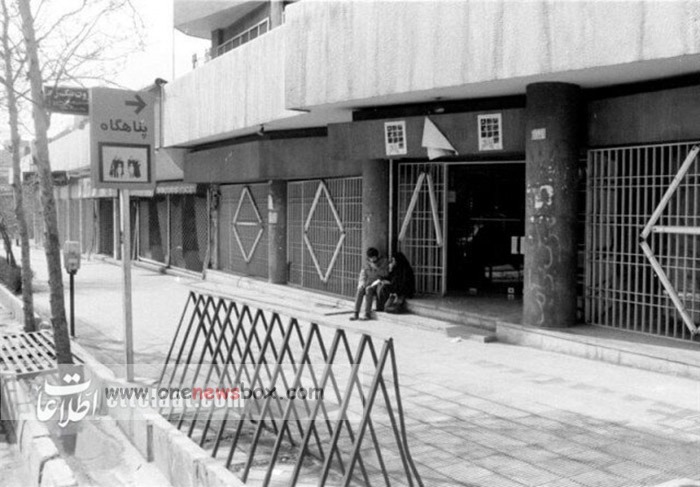With its resources depleted and its troops exhausted, Iran reluctantly accepted Resolution 598 in 1988, despite its earlier refusal to do so. Iraq emerged from the war weakened but with its regime intact, setting the stage for future aggression.
The Role of International Powers
The war was shaped by international involvement:
-
Support for Iraq:
-
The Arab nations (except Syria and Libya) openly supported Iraq.
-
The Soviet Union became Iraq’s primary weapons supplier.
-
The United States, Germany, and other Western nations indirectly aided Iraq by providing weapons and technology.
-
Germany’s role was especially significant in the construction of Iraq’s chemical weapons factories.
-
-
Support for Iran:
-
Syria and Libya were among the few Arab nations that sided with Iran.
-
The “Iran–Contra Affair” revealed clandestine arms sales from the United States and Israel to Iran.
-
This influx of weapons and support, combined with global political interests, made the war one of the deadliest and most brutal conflicts of the late 20th century.

